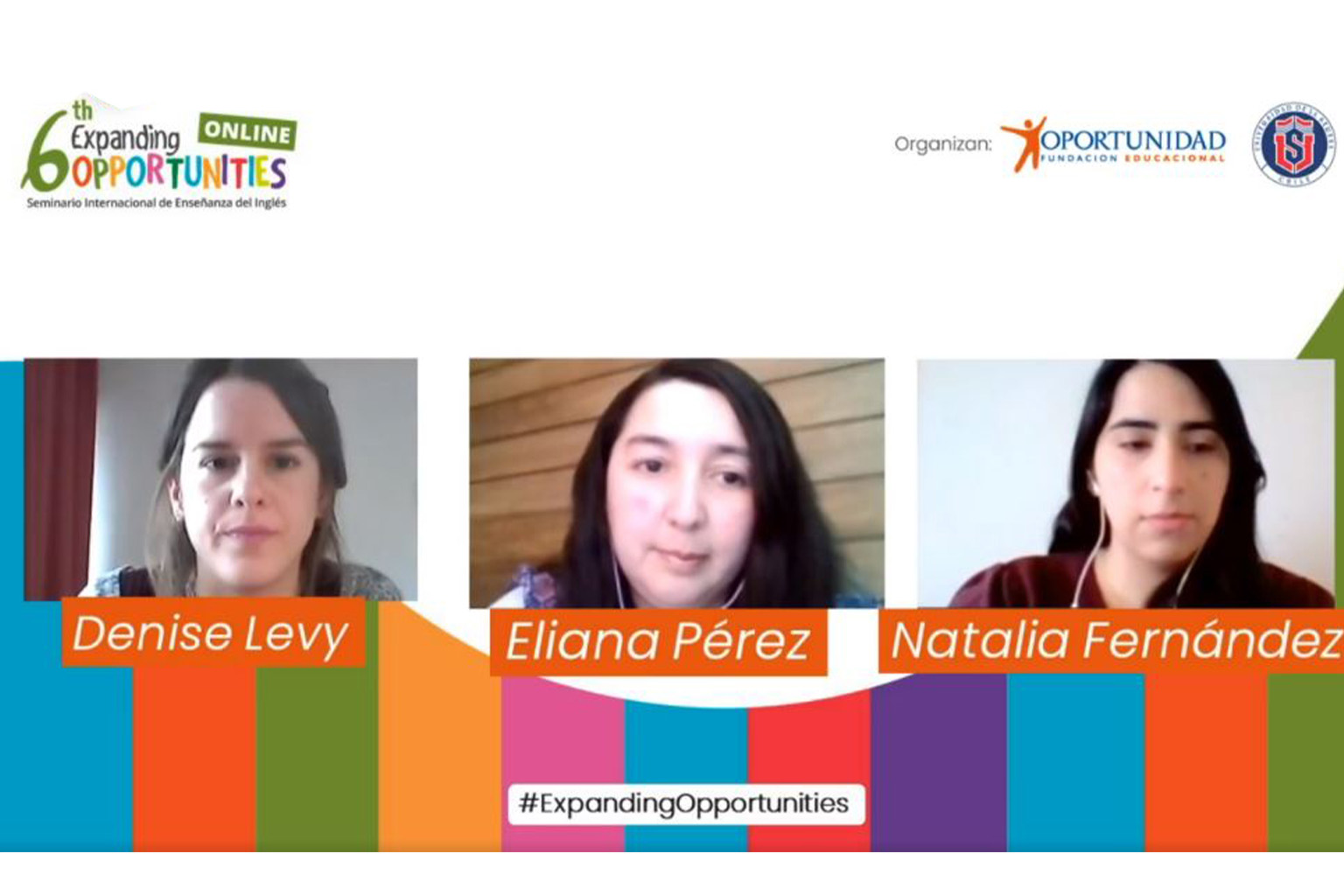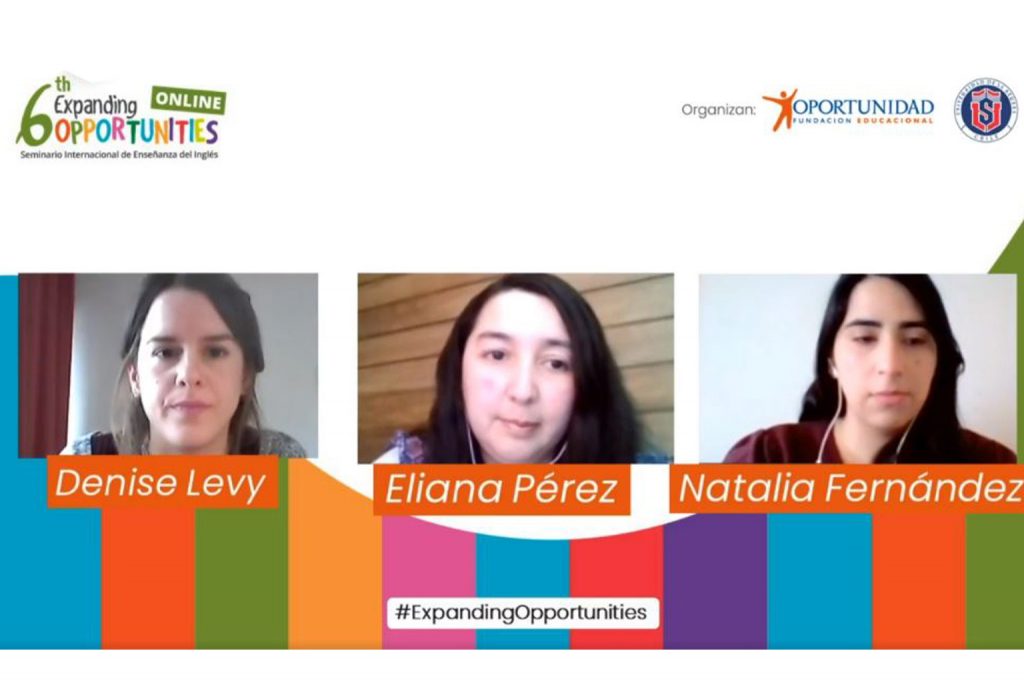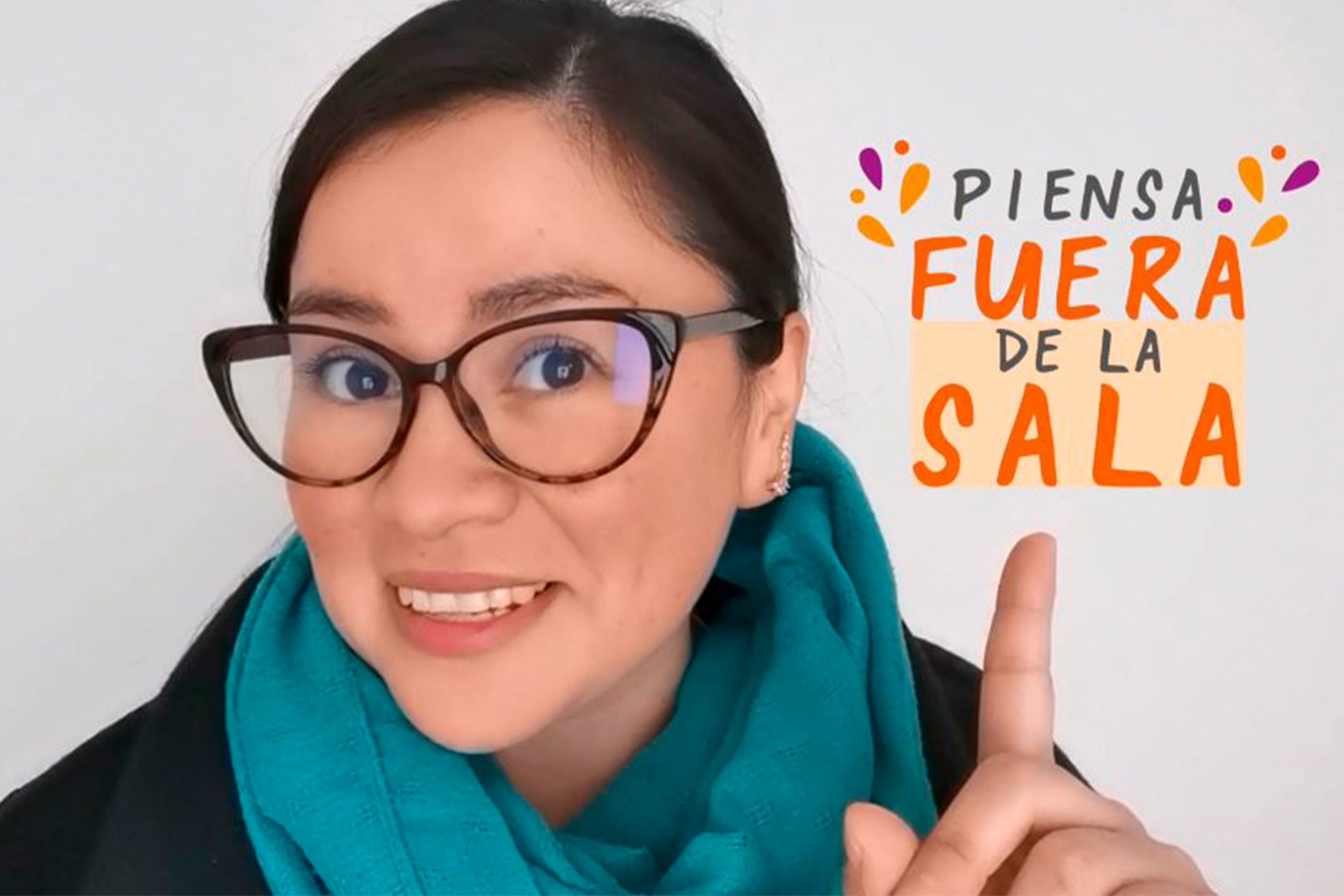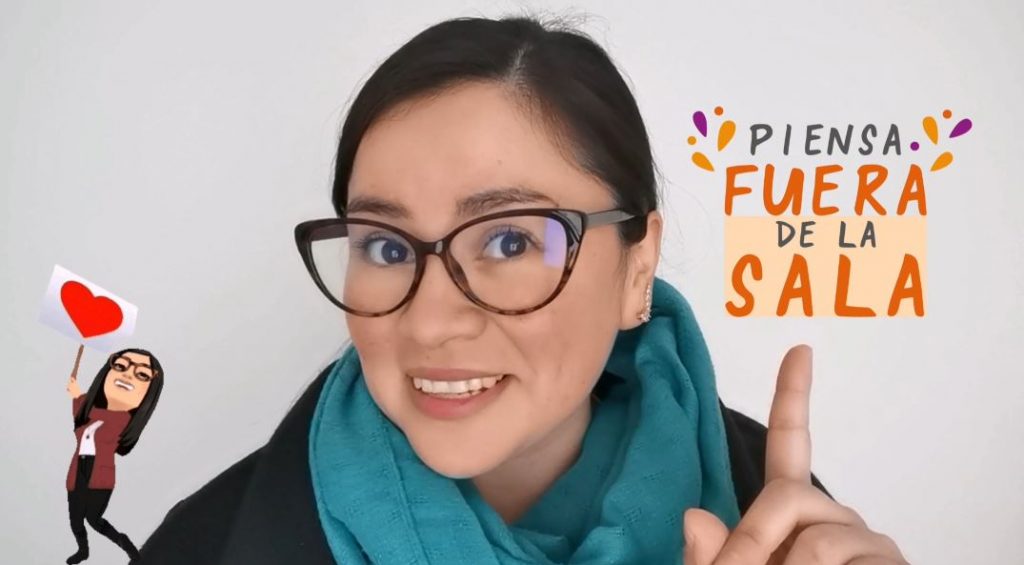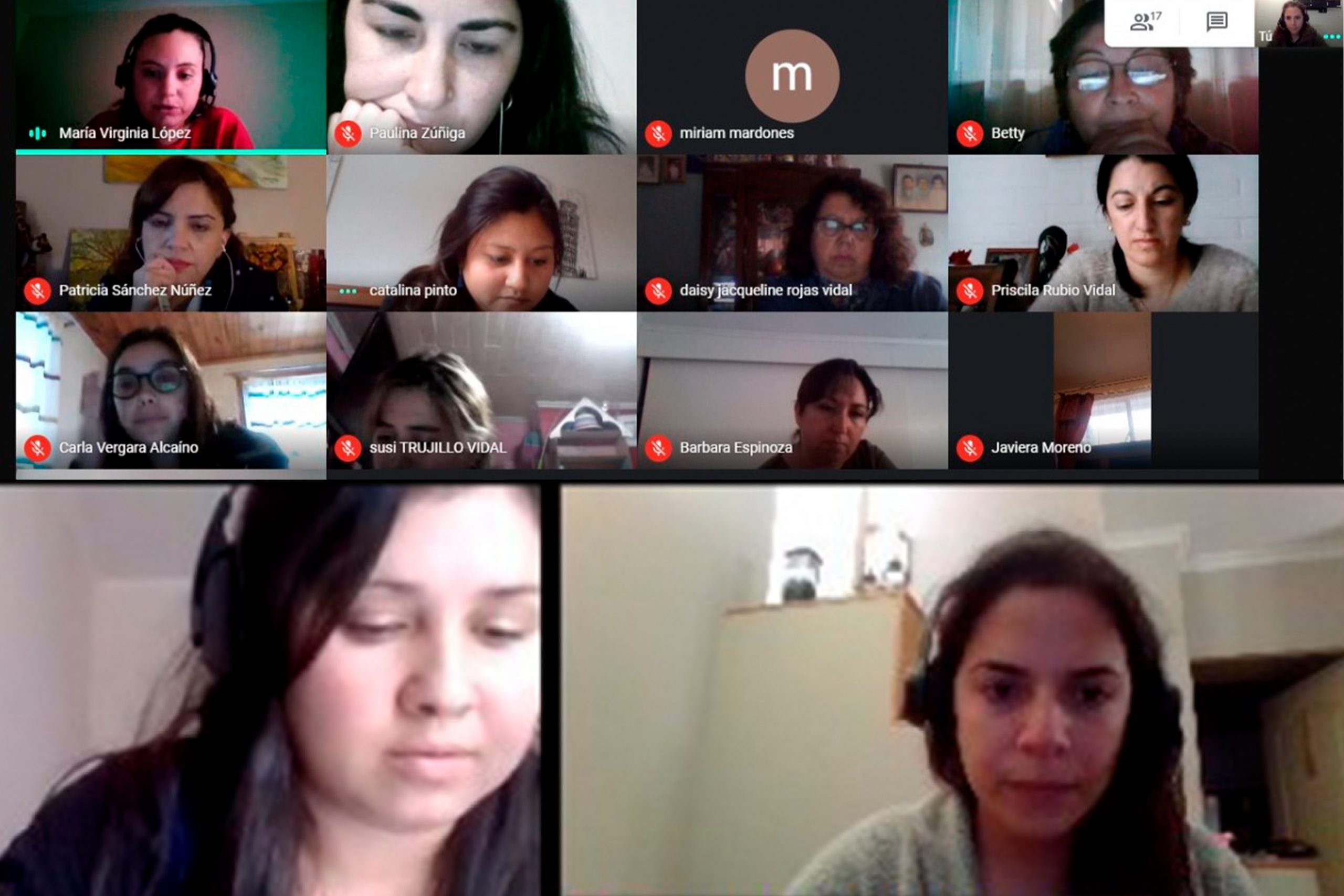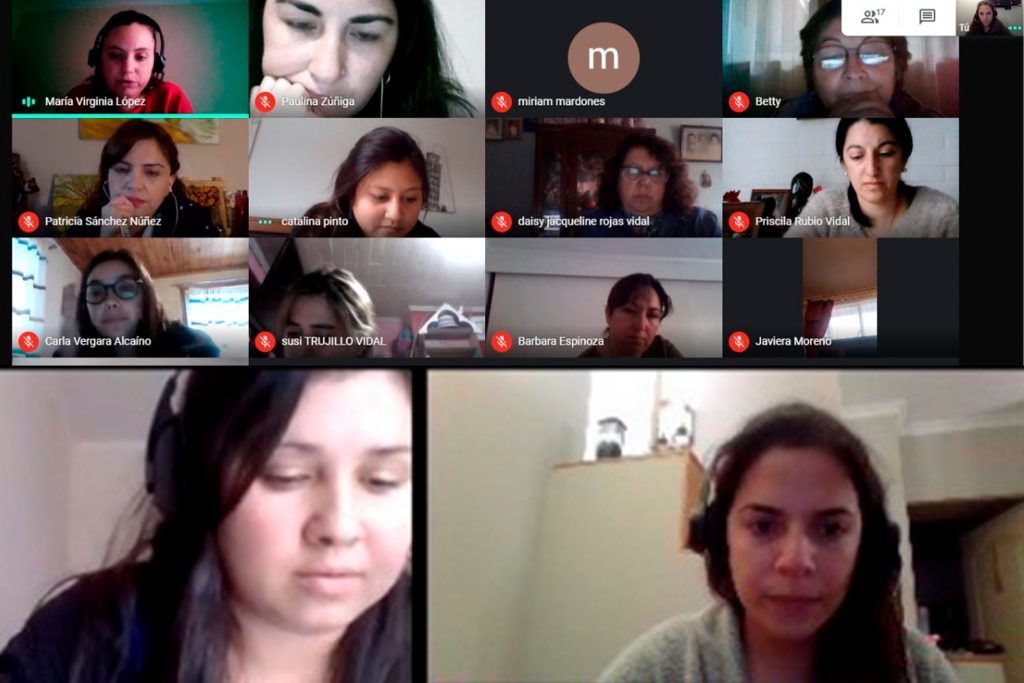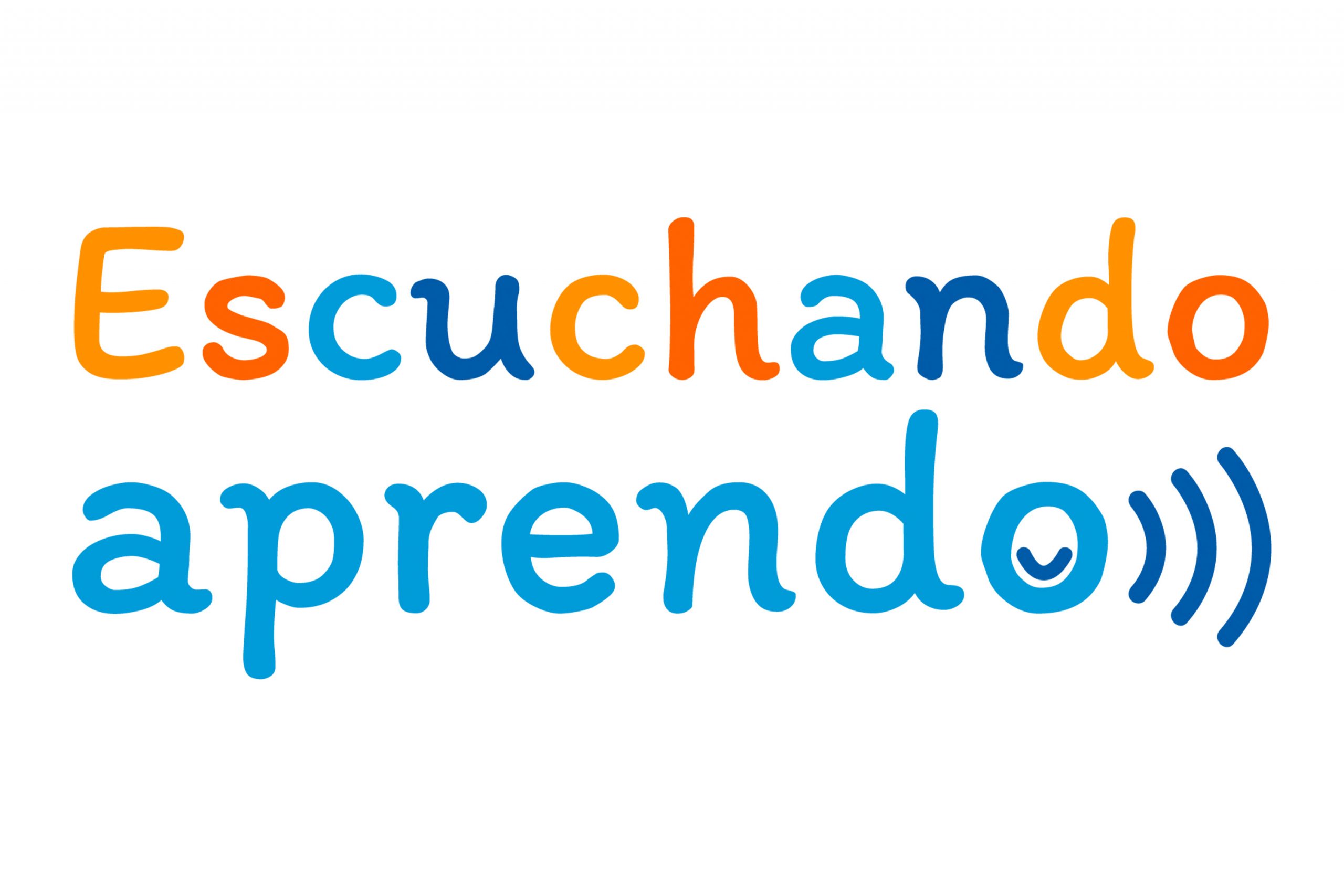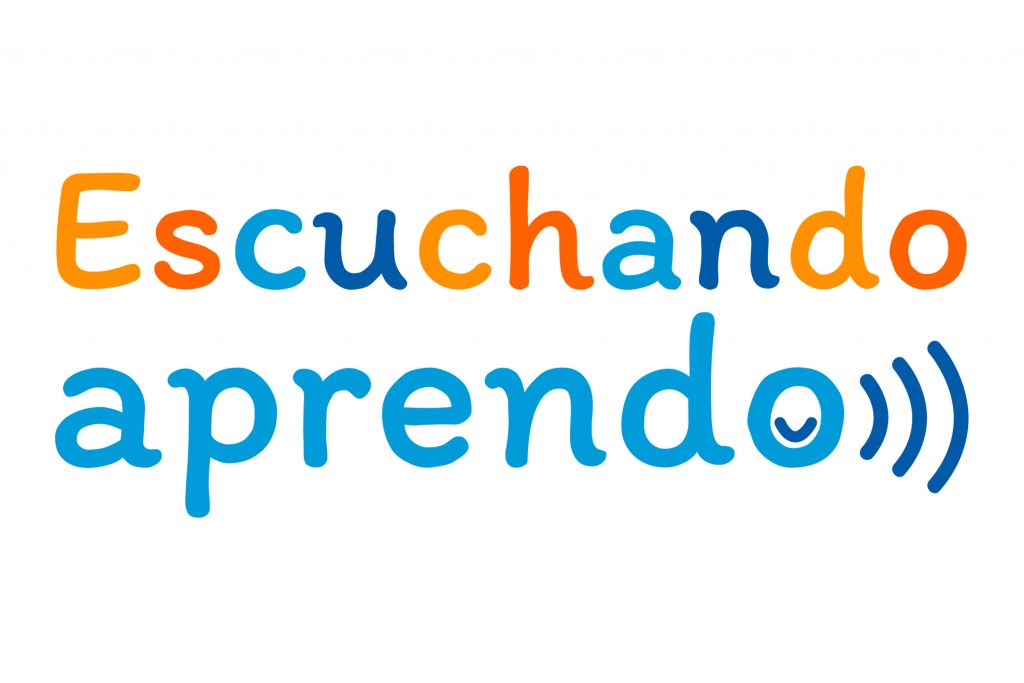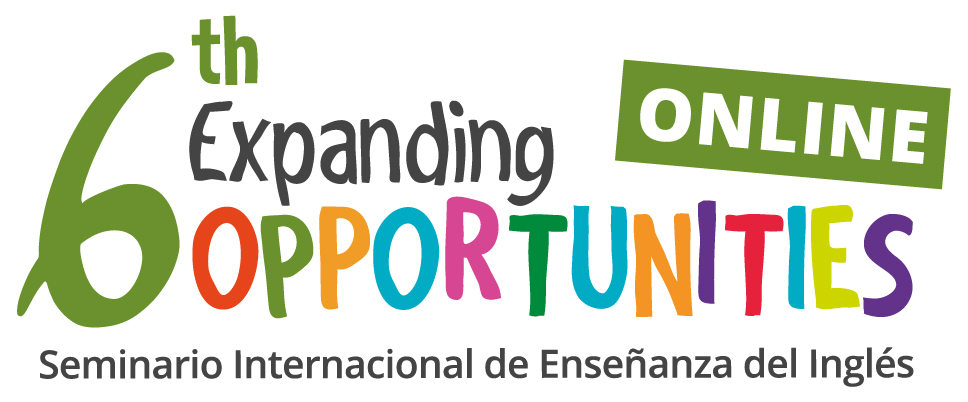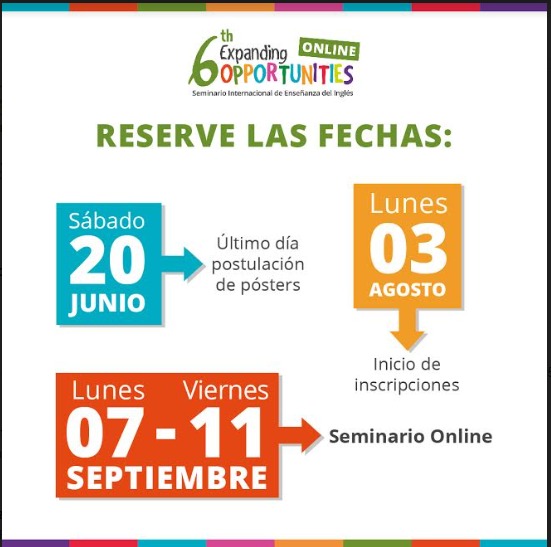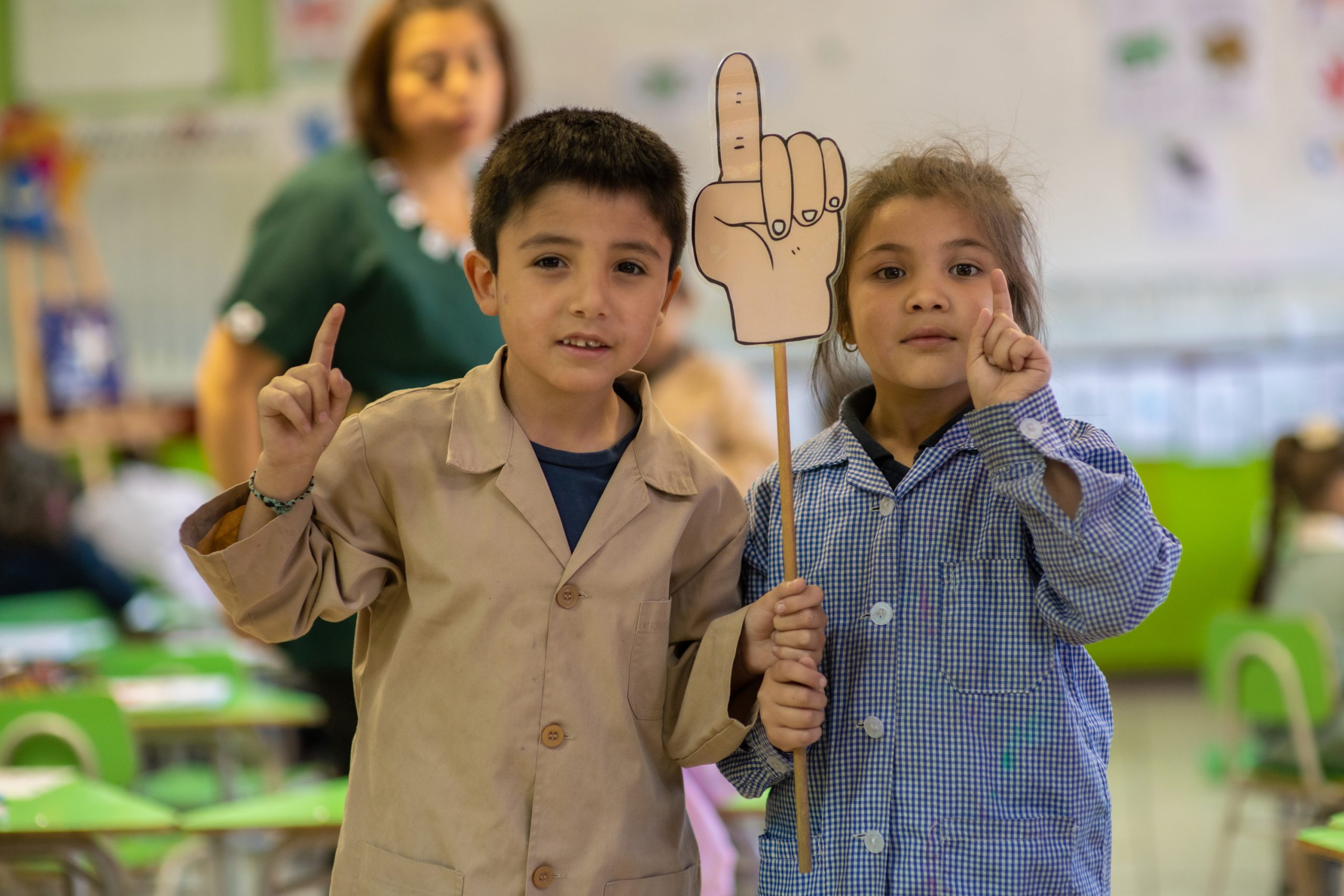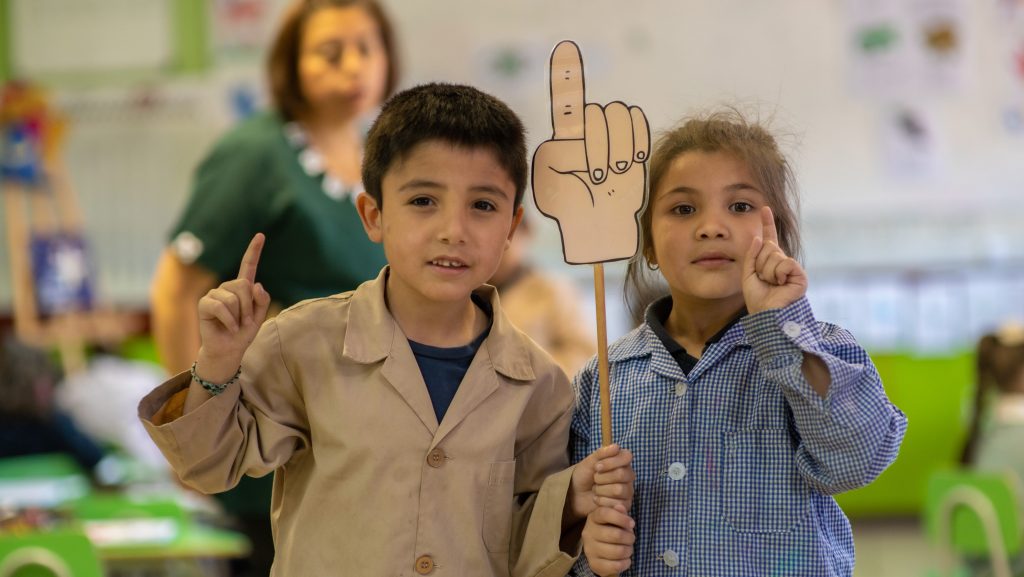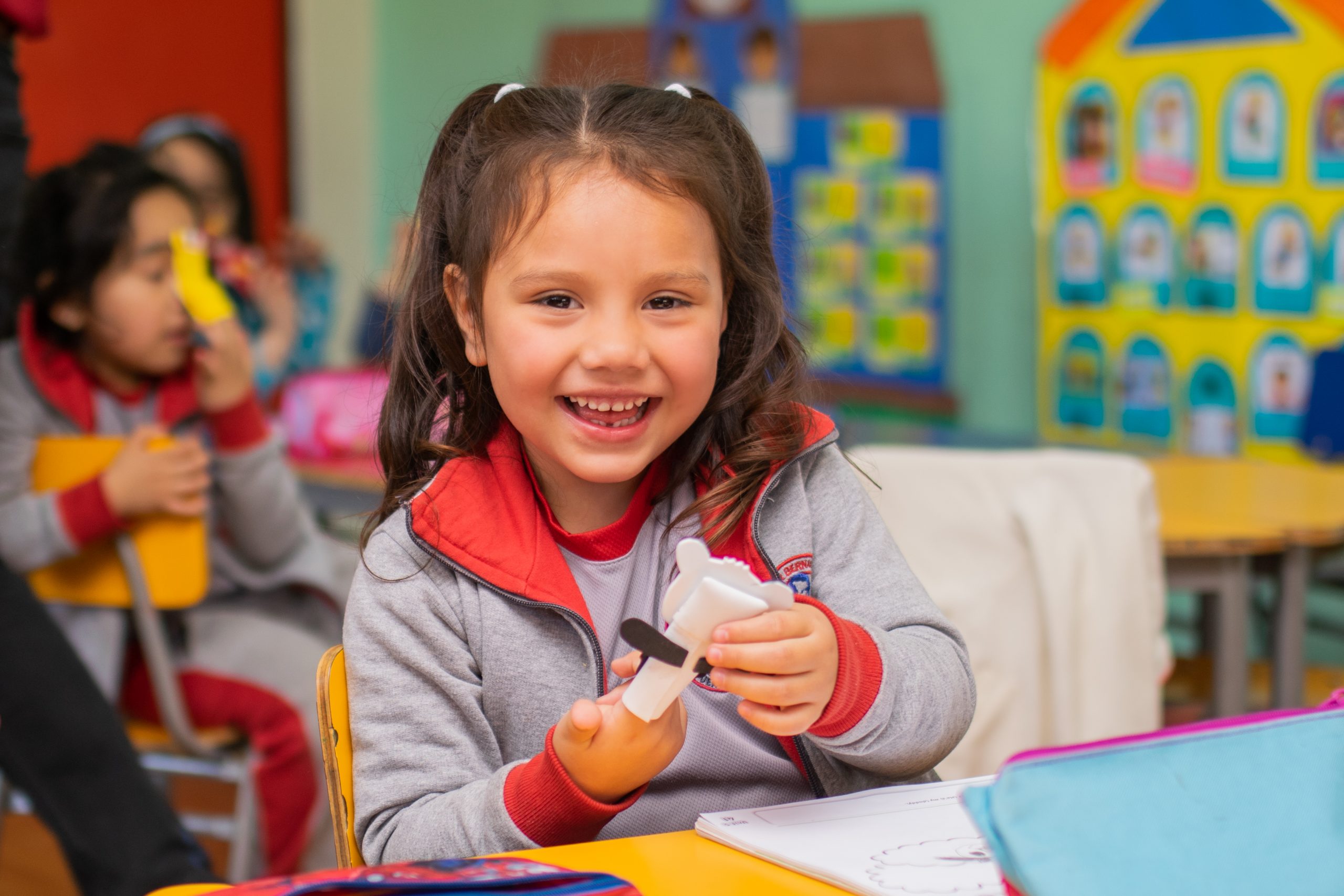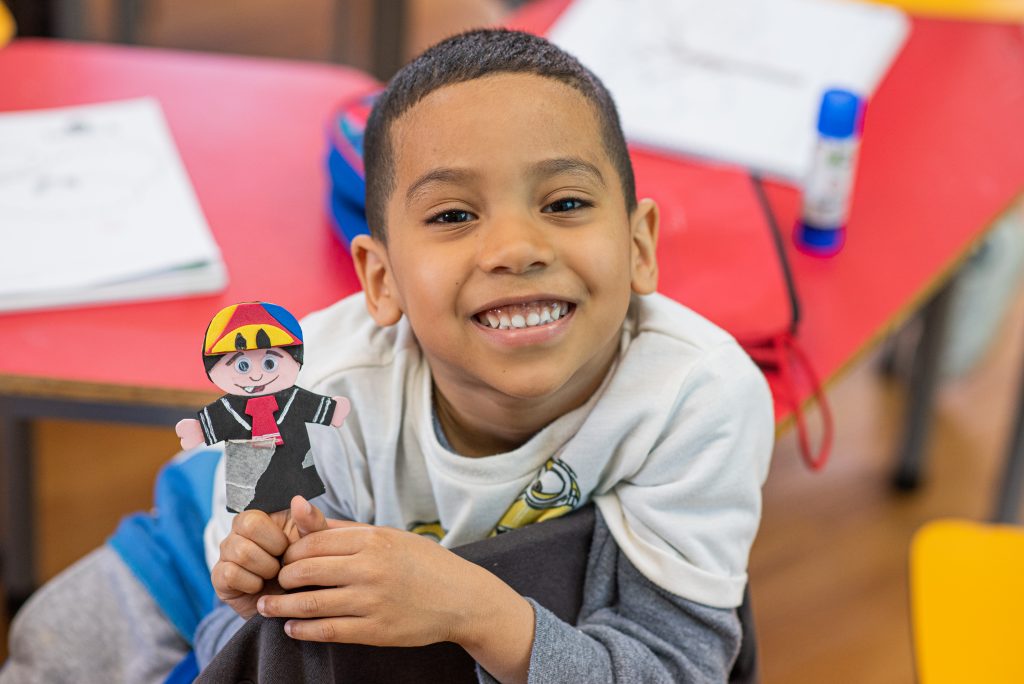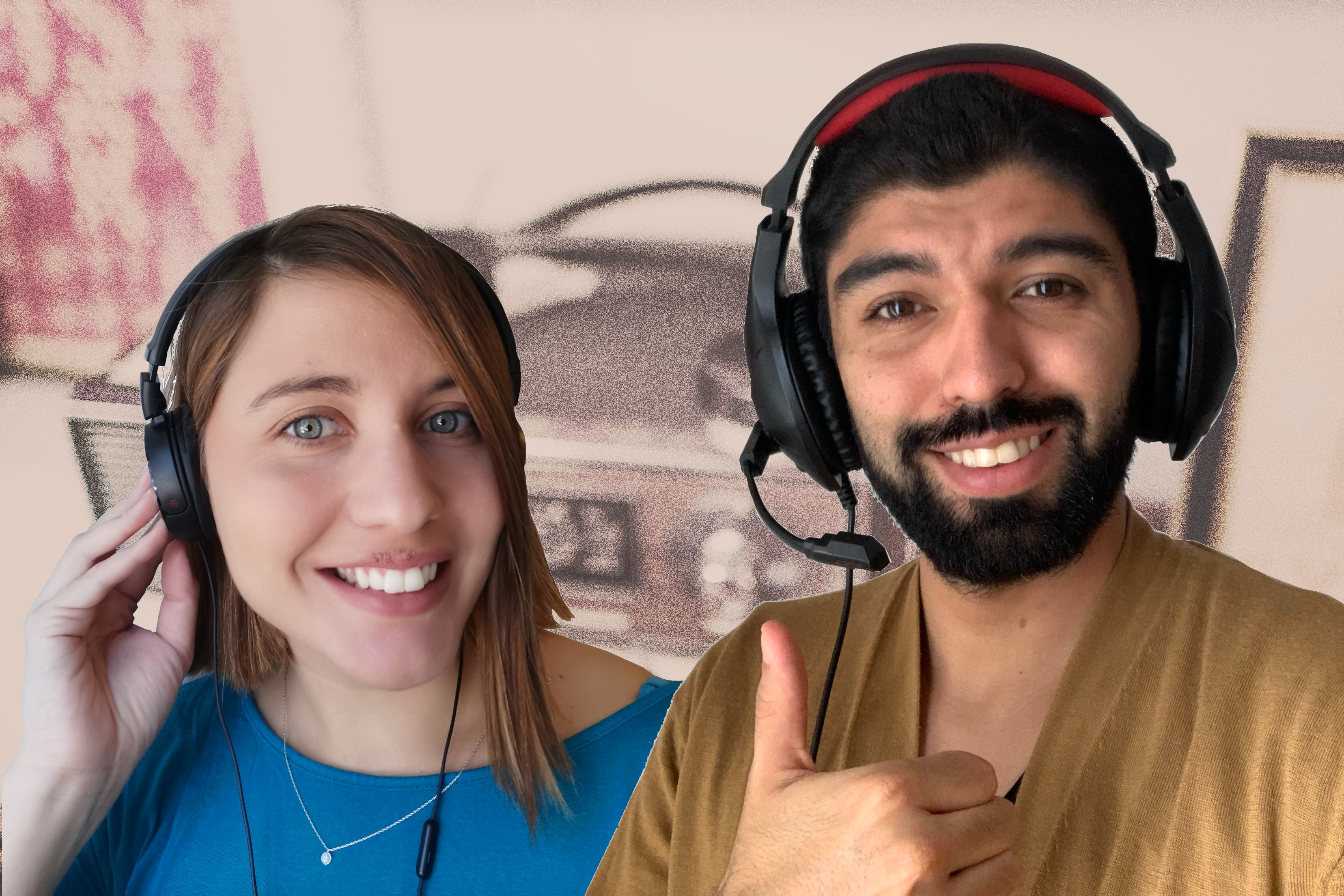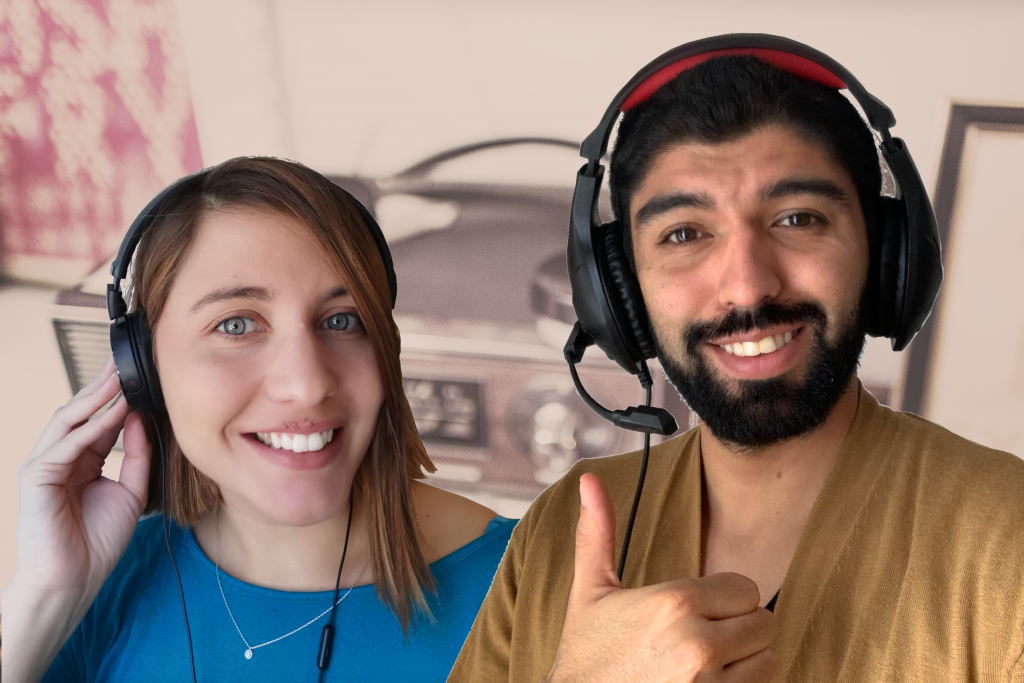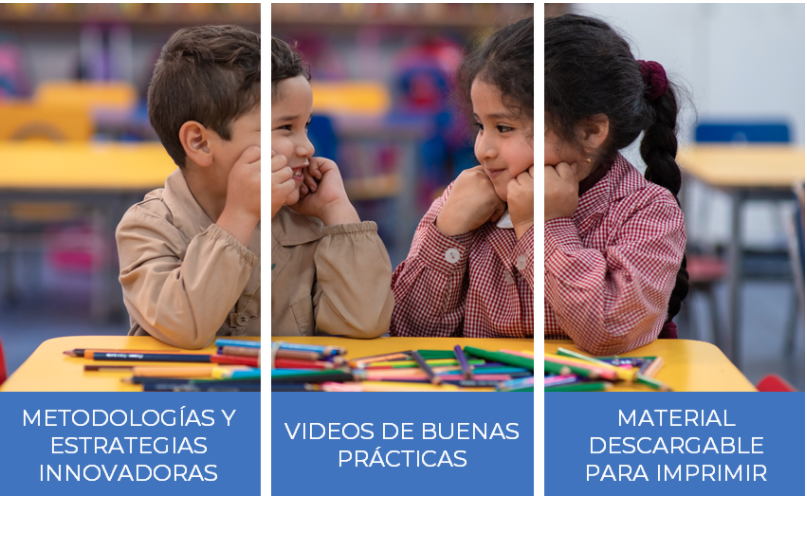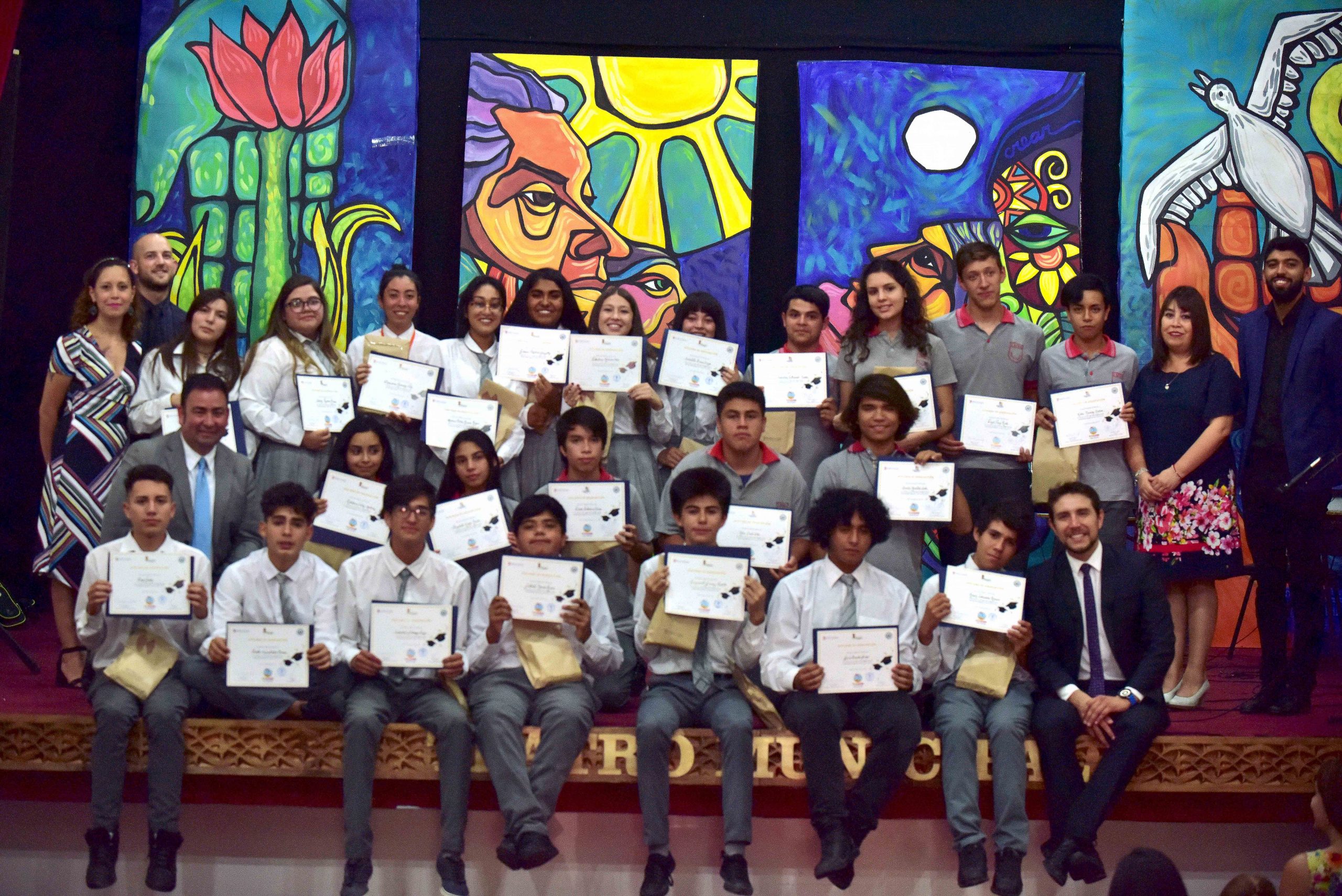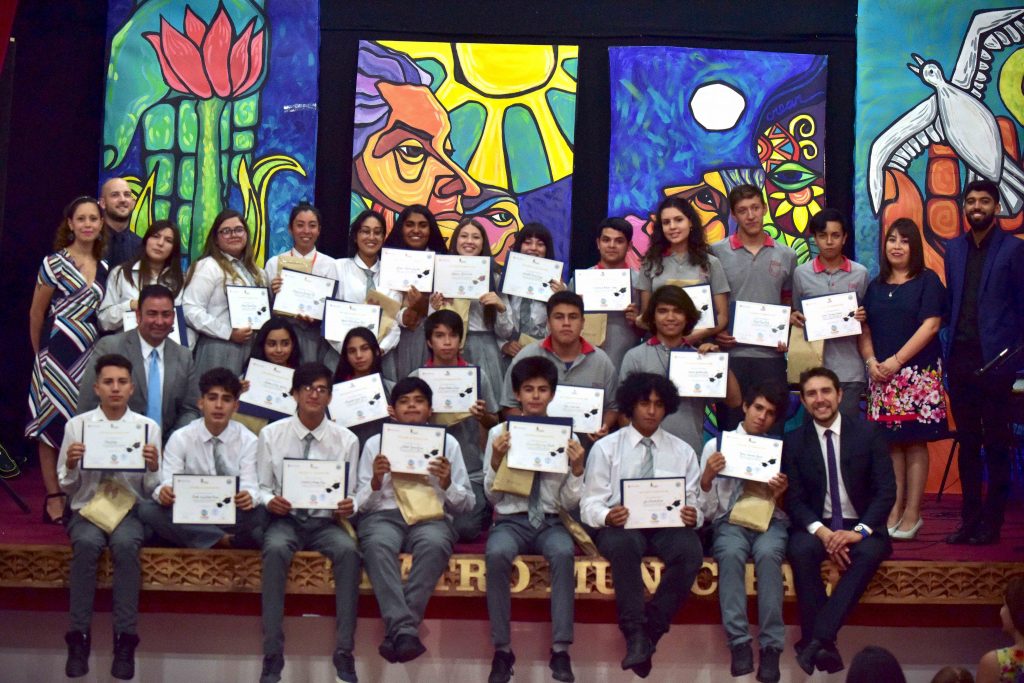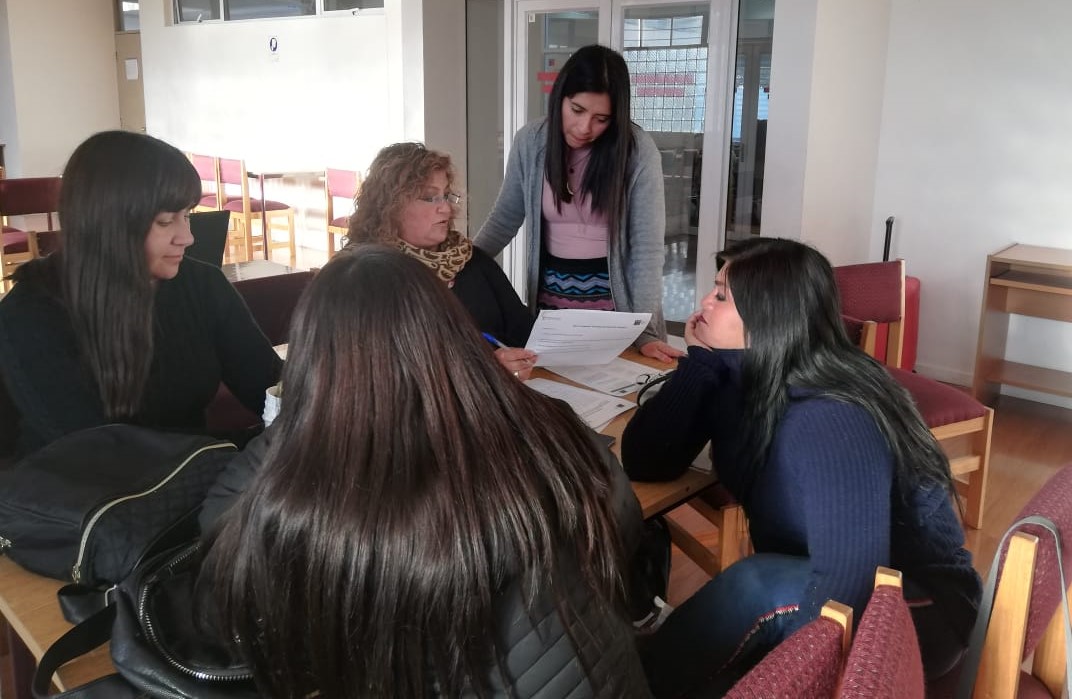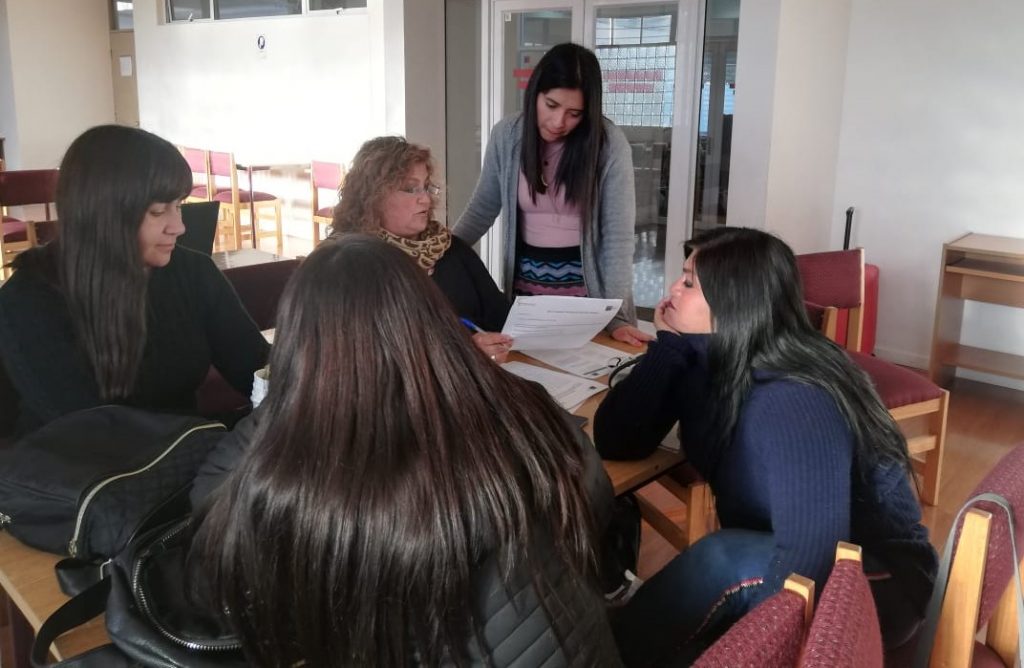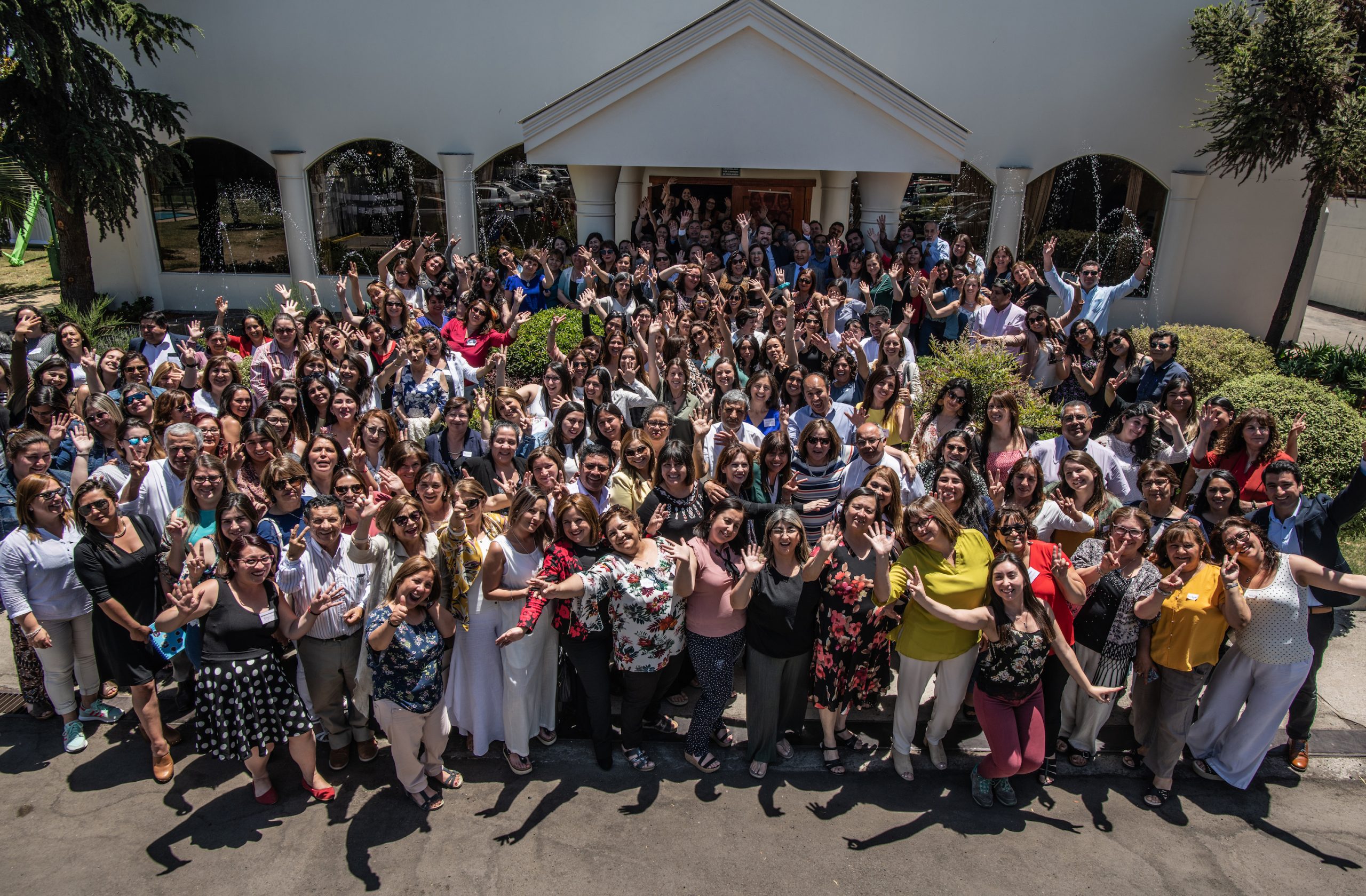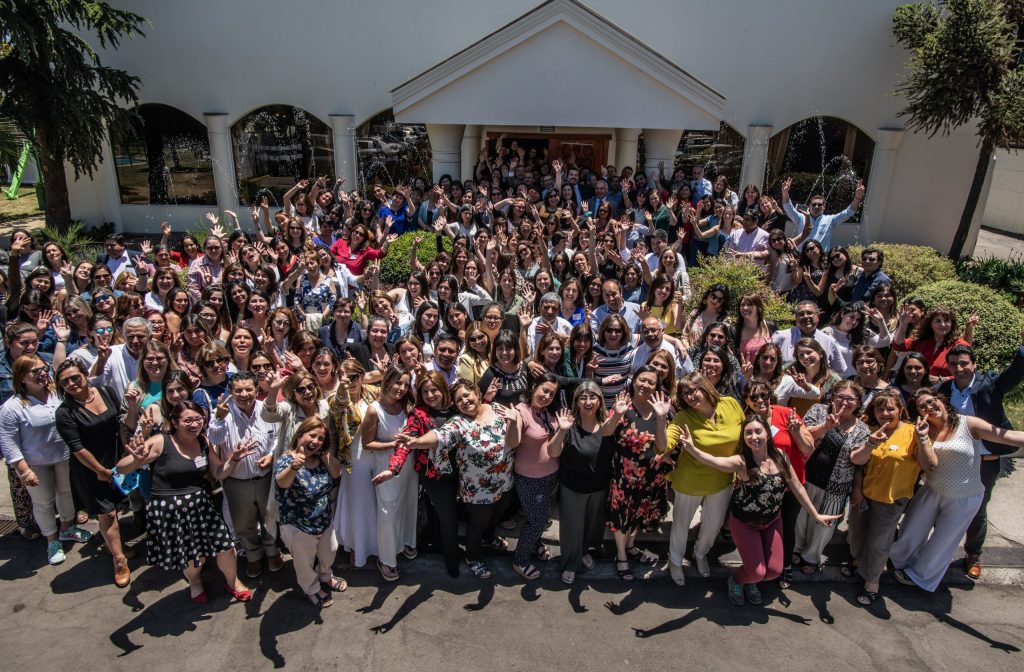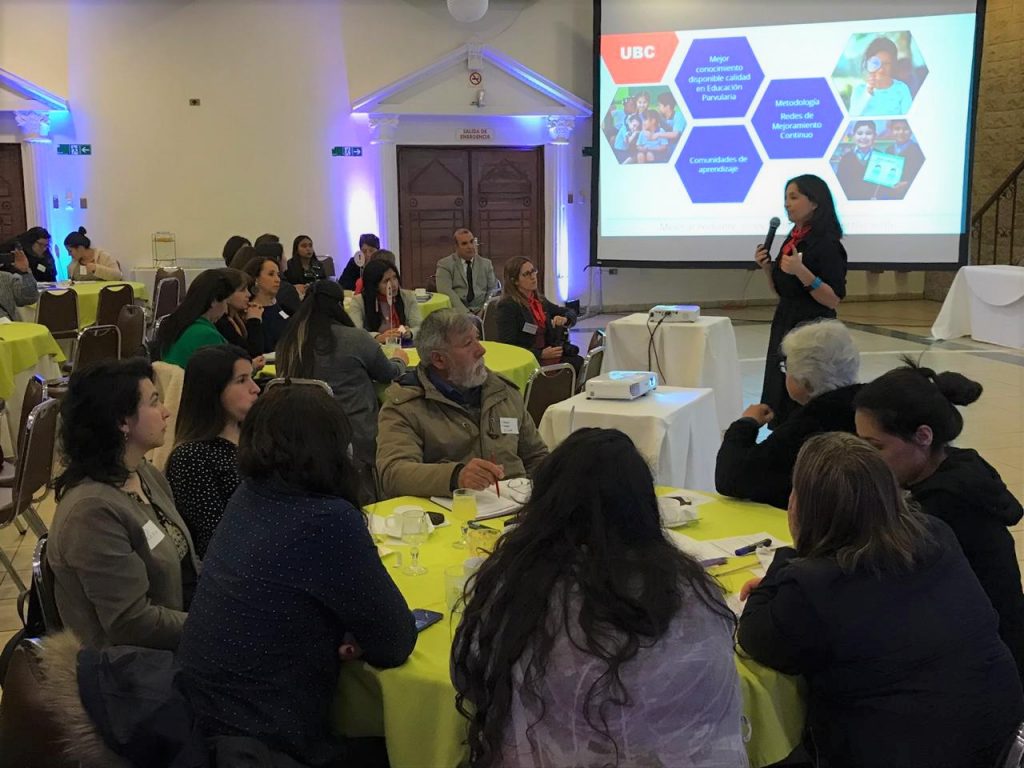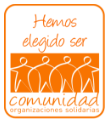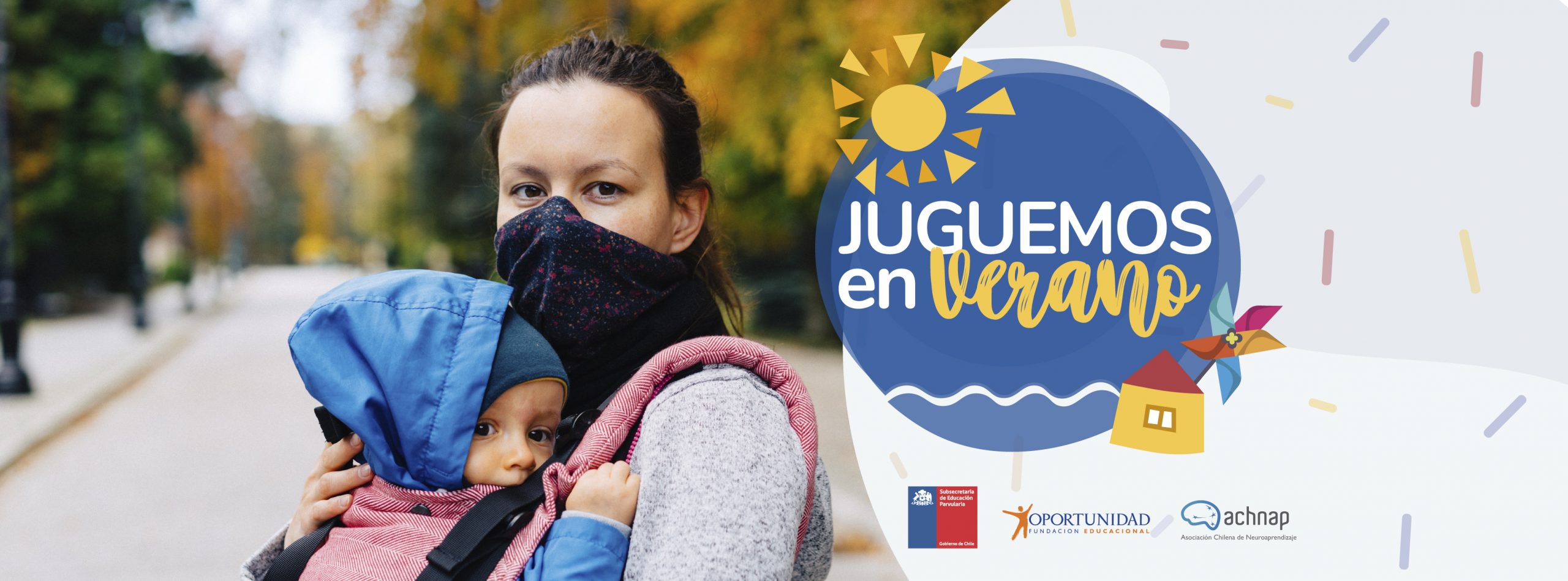
Summer campaign seeks to strengthen children's socioemotional wellbeing with entertaining activities
After a year marked by distance learning, confinement and less social activity with family and friends, the "Let's Play in Summer" initiative aims to promote the socioemotional well-being of children.
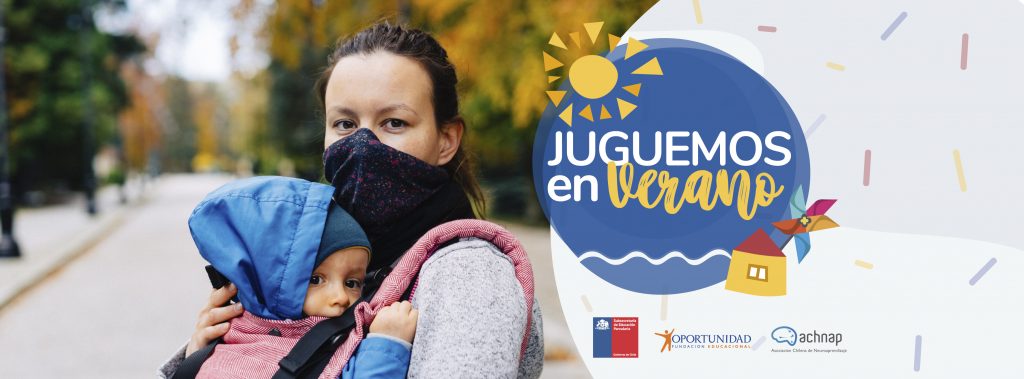
As we have seen, this summer is different from previous ones, where it was common to see children spending more time with their families and friends in natural environments. Today, and almost a year after the beginning of the Covid-19 pandemic, health conditions force families to remain alert and take all precautions to avoid contagion, which means, probably for many, not going on vacation or being in physical contact with people outside the home.
In this context, the "Let's Play in Summer" campaign, promoted by the Undersecretary of Kindergarten Education, Fundación Educacional Oportunidad and the Chilean Association of Neurolearning, invites parents and adults responsible for the care of children to take advantage of this summer as an opportune moment to enhance positive experiences and promote an environment that strengthens the development of the youngest.
"Let's Play in Summer", which includes a powerful campaign on social networks, with content and recommendations for families, as well as videos and other resources, is inspired by the "5 Principles", an initiative promoted by the Undersecretary of Kindergarten Education that seeks to promote the socioemotional well-being of children, with simple and powerful actions.
"We continue to face a complex stage, which has forced families and educational teams to make great efforts to promote the welfare of children. In this line is framed this campaign that seeks to promote, especially, the first principle, that is, give all the love and control stress. This principle is the starting point for everything else, since children develop better in loving, safe and comfortable environments", said the Undersecretary of Nursery Education, María Jesús Honorato.
Meanwhile, María Virginia López, psychologist at Fundación Educacional Oportunidad, said that "the socioemotional well-being of children is crucial for their growth and integral development. This is why it is necessary that we commit ourselves to simple and concrete actions that allow us to create environments of trust and security, containment and positive experiences, through hugs, conversations, laughter, games and dances, among other activities that are very easy to carry out at any time and place".
For his part, Joaquín Triandafilide, neuroeducator and promoter of the ancestral concept "educate better from the tribe", indicates: "scientific evidence indicates that all the efforts made by the family of the little ones so that they grow up in environments of mutual respect and good humor in spite of the problems, where time is set aside to play or share, will have great repercussions in what they think and feel about themselves in 5, 10 or 20 years". That's how important the quality of the emotions we manage to build with them today is.
The "Let's Play in Summer" campaign will include messages on social networks, promoting actions and games with children. The closing event will be a webinar for families, which will be broadcast live on Wednesday, February 24, from 11:00 a.m., through Zoom and from the YouTube channel of the Undersecretariat of Early Childhood Education.
Check out the webinar "Generating a positive environment for children in the context of pandemic".


